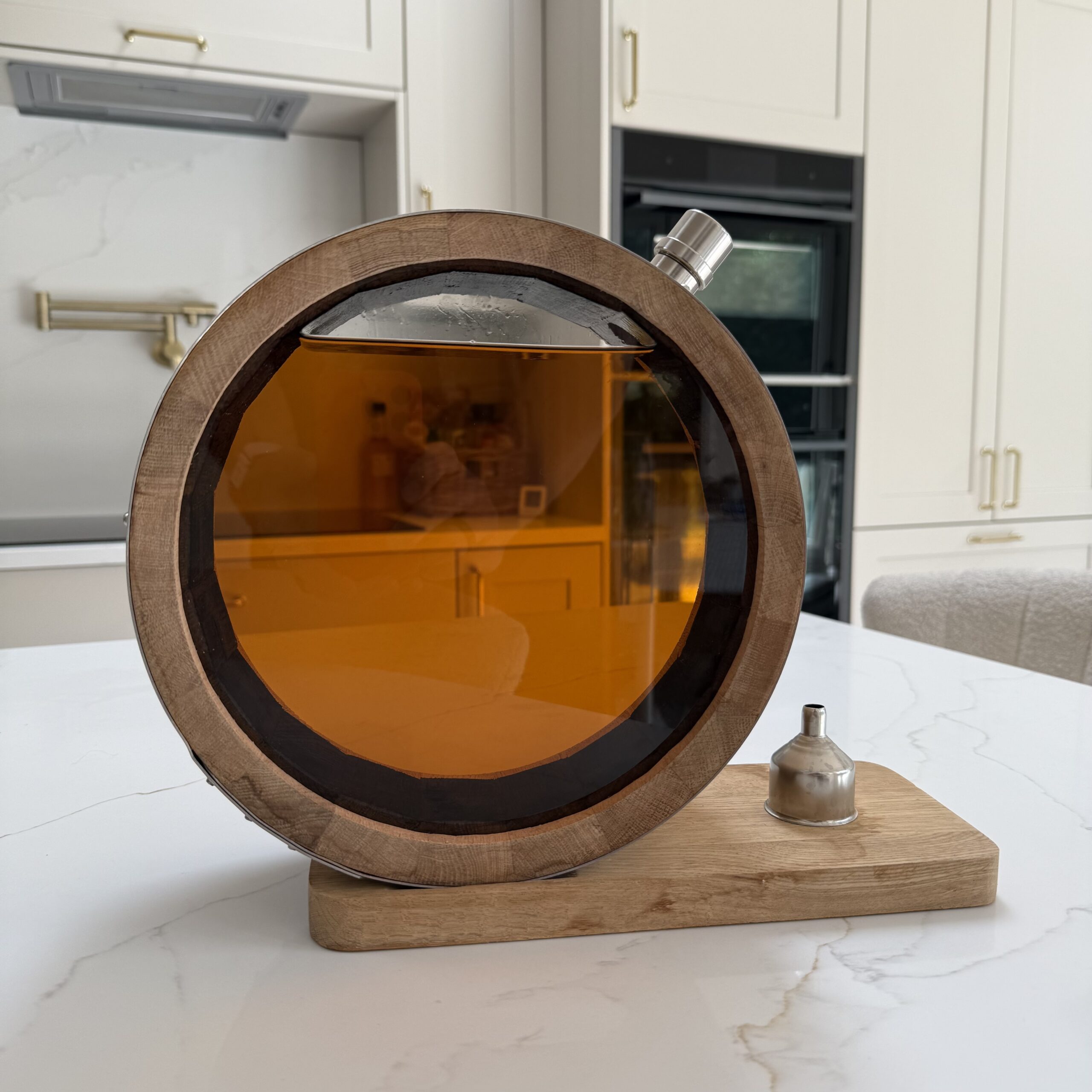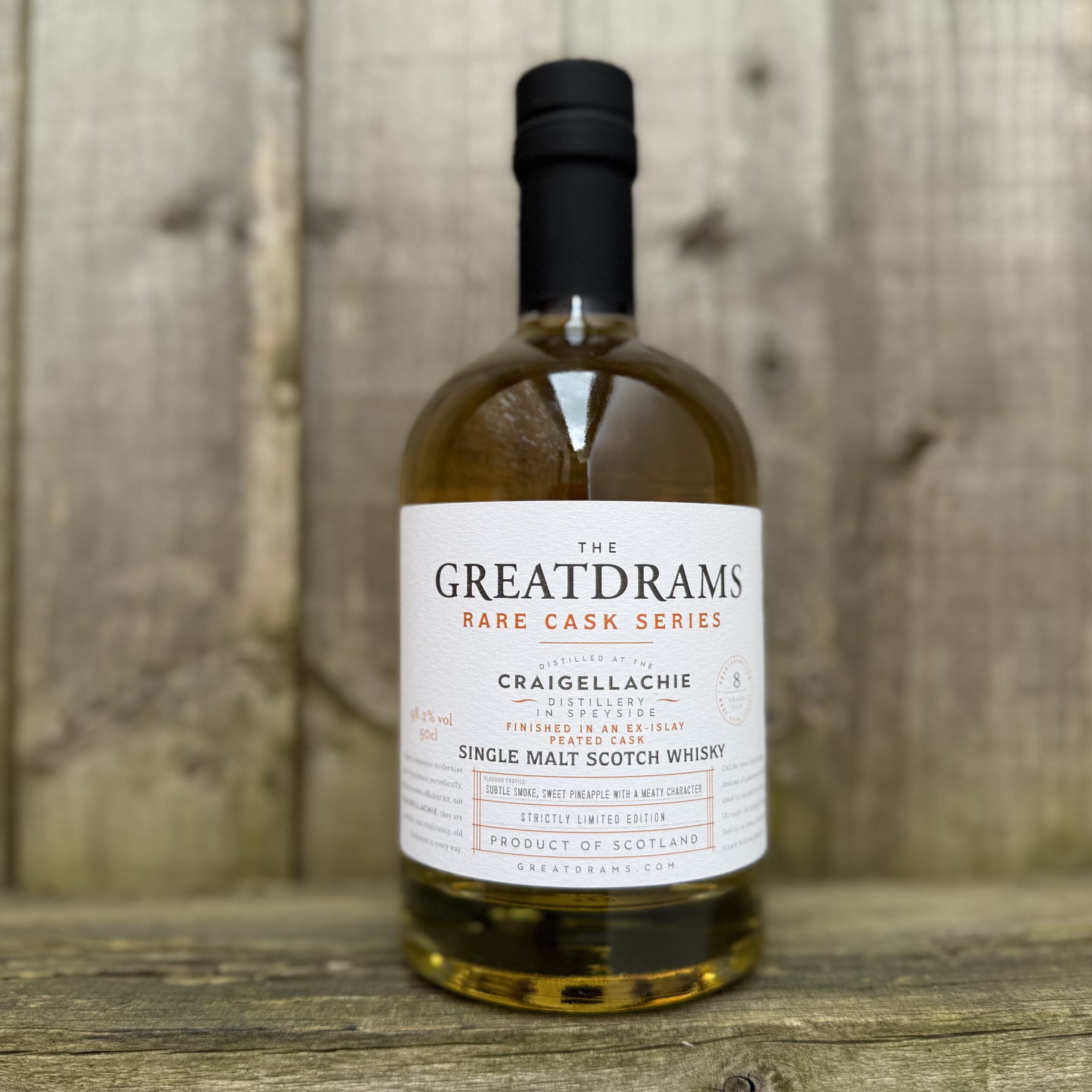Taking a look at the Solera Ageing System
let’s begin
One of the first Whiskies I tried was a Glenfiddich 15 Year Old and being new to the drink didn’t quite realise the significance of the Solera ageing system described on the box.
Now that I’m a bit better versed, but still with a long way to go in the wonderful world of Whisky, I think it’s about time I addressed just what exactly is a solera system.
Things didn’t start too well, considering that the first article I read for research started with “Not only is this system complicated in nature, it’s a lot of work”. Trying to remain undaunted, I struggled on and here is all that I learnt!
The solera system originated in Spain and Portugal and is a common way to age Sherries and Ports. It allows different vintages to mix and share different flavours.
The solera system is a process that involves gradually combining wines of different vintages over a number of years.
In the first stage wine is poured into barrels and stacked in one row. This will be the oldest vintage with the rows going upwards from oldest at the bottom to youngest at the top.
The second vintage is then barrelled and stacked on top of the original.
This usually continues over a period of several years for another three or four rows but some solera systems can be up to eight or nine rows.
Now comes the complicated bit. From the addition of the second row the contents of the barrels are mixed with each other.
The first barrel has some of its original contents removed and then the second vintage is added into it. And so begins the mixing process.
After a year, a third vintage is barrelled and stacked. Now more contents must be removed from the first barrel and it is filled up again with the wine from the second barrel.
Now that there are three barrels, the second one can be filled up itself with the third wine.
The process repeats a year later with the addition of the fourth barrel. Eventually, as the wines make their way down the rows, they will all be mixed and maturing together.
The first barrel is never emptied meaning it will become a rich and intricate combination of every row.
Now the question is how is this translated into the creation of a good Whisky?
Glenfiddich, one of the most internationally well renowned Scotches on the market has adapted the solera system to make consistent and deeply complex Whisky.
They use their own take on the system to create their 15 Year Old.
Rather than the stacked rows of individual barrels, the distillery uses a solera vat, which was created by Glenfiddch’s fifth Malt Master David Stewart in 1998.
The casks are individual matured and aged for 15 years, then allowed to finish in American Oak casks.
From here they are introduced to the solera vat, which is itself made from oak.
Like the barrel on the bottom of the solera system, the vat is never emptied and as such, still contains some liquid from the first 1998 batch.
This creates a smooth and consistent malt that is layered with complexity. The popularity of the 15 Year Old speaks for itself.
So that is the solera system, a fractional mixing of malts to great a final, ultimate dram that captures the heart of the liquid. I don’t think that was too complicated after all!
Rebecca
You might be interested in
More from the blog
Follow greatdrams
latest articles
Latest whisky
exclusively from GreatDrams
-

The GreatDrams Signature Barrel Decanter
£200.00 – £370.00














3 thoughts on “Taking a look at the Solera Ageing System”
Interesting and informative Piece Breaks down the structure behind the whisky I chose to accompany me on a month long trip to India in 2011…along with 70cl of Big Peat. That was my diet for a month. along with a LOT of home cooked dahl!!
Thanks Tim!